A Visit by PM Mark Rutte
We met Prime Minister Mark Rutte as part of his work visit to Berlin yesterday. The PM visited the Hertie School and spoke about Europe as a global actor in a fractured world.
He touched upon issues of EU enlargement, the Russia-Ukraine and Palestine-Israel conflicts amongst other topics. Floris Vissering, our Dutch club board chair, had the opportunity to kick off the Q&A session and ask the PM about the risks of EU enlargement. PM Rutte answered that fair and just criteria for accession as well as a reform of the Council's decision-making procedure are necessary to maintain a decisive and effective EU.
Another futurEU member in the audience also asked the PM about the recent election win by the rightwing populist Geert Wilders’ party. She asked whether the PM’s party (the VVD) had made a mistake by considering potential post-election cooperation with Geert Wilders during the campaign. Rutte answered that his successor as party leader, justice minister Dilan Yeşilgöz, had made the right call by not excluding Wilders from a potential coalition anymore since the VVD cannot keep shutting Wilders out after all these years and with the size of his support.
Asked about the insufficient Dutch military spending under the NATO 2 percent of GDP norm, Rutte answered that the Netherlands ramping up its investment in military capacity and is going to reach the norm again. He added that he won’t dicusss a potential position as NATO Secretary-General for him any further since he shouldn’t have shown interest publicly in a radio interview recently - even though he meant to say it at the time. Politico picked up him comments about the NATO position and the necessary EU compromise on finance for Ukraine.
The event was organized by Hertie School's Jacques Delors Centre and moderated by Hertie School president Cornelia Woll, whom we thank warmly. It was a semester highlight for us as board members of futurEU to meet and talk with PM Rutte!
